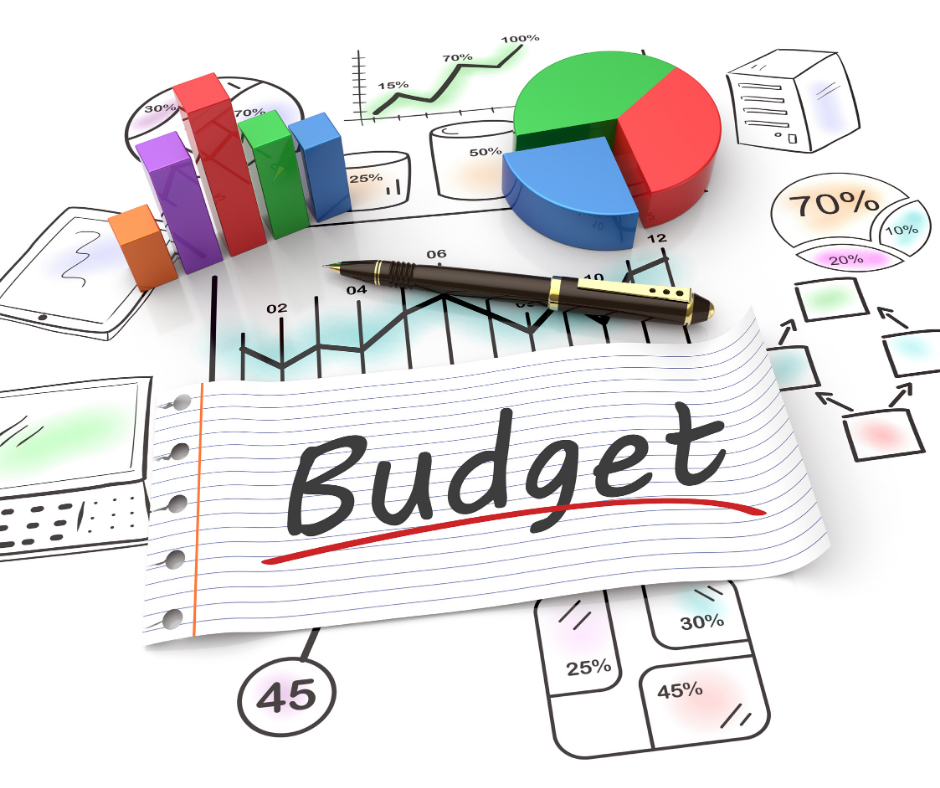Budgeting for beginners can seem overwhelming, but it’s a powerful tool for taking control of your finances and achieving your financial goals. Budgeting involves tracking your income and expenses, making adjustments as necessary, and allocating your money in a way that supports your priorities.
To get started, it’s important to be realistic about your income and expenses and to track your spending for at least one month. This will give you a clear picture of where your money is going and help you identify areas where you can cut back. It’s also important to prioritize your spending and allocate your money in a way that supports your financial goals, whether that means paying off debt, saving for an emergency fund, or something else.
There are many tools and apps available to help you create and track your budget, so consider using one of these resources to make the process easier and more manageable. With a little patience and persistence, budgeting can be a simple and effective way to take control of your finances and achieve your financial goals.
1. Determine your monthly income
The first step in creating a budget is to determine how much money you bring in each month. This includes all sources of income, such as your salary, rental properties, freelance work, and any other sources. It’s important to be as accurate as possible when calculating your monthly income, as this will be the foundation of your budget.
2. List your monthly expenses
Next, make a list of all your monthly expenses, both fixed and variable. Fixed expenses are those that stay the same each month, such as rent or mortgage, utilities, and insurance. Variable expenses, on the other hand, change from month to month and include things like groceries, entertainment, and transportation.
3. Track your spending
In order to get a clear picture of where your money is going, it’s important to track your spending for at least one month. This can be done through an app or by simply writing down all your purchases. This will help you see where you may be overspending and where you can cut back.
4. Categorize your expenses
Divide your expenses into categories such as housing, transportation, food, and entertainment. This will give you a better understanding of where your money is going and help you see where you can make changes if necessary.
5. Set financial goals
Decide what you want to achieve with your budget, such as paying off debt, saving for a down payment on a house, or building an emergency fund. Having clear financial goals in mind will help you stay focused and motivated.
6. Allocate your money
Based on your income and expenses, determine how much money you can allocate to each category and stick to it. This will help you make sure your money is being used in the way you want it to be.
7. Revisit and adjust your budget
Your budget is not set in stone and should be reviewed and adjusted regularly as your income and expenses change. Life is constantly changing, and so should your budget. By regularly revisiting and adjusting your budget, you can stay on track and reach your financial goals.
In conclusion, budgeting is a valuable tool for managing your finances, but it can be intimidating for beginners. However, by taking small steps, tracking your spending, being realistic about your income and expenses, prioritizing your spending, and using budgeting tools and apps, you can take control of your finances and achieve your financial goals.
It’s important to remember that your budget is a living document that will change and evolve as your income and expenses change. Regularly reviewing and adjusting your budget will help you stay on track and make progress toward your financial goals.
Budgeting takes time and effort, but the benefits are well worth it. By creating a budget, you will gain a better understanding of your financial situation, identify areas for improvement, and feel more in control of your money. So, start small, stay focused on your goals, and don’t be afraid to make changes as needed. Budgeting can be a simple and effective way to take control of your finances and achieve your financial goals.



